
Advanced Data Analysis: USA Cycling Course
This online course shows how to analyze training and racing data effectively and efficiently to help athletes improve endurance sports performance.

This online course shows how to analyze training and racing data effectively and efficiently to help athletes improve endurance sports performance.
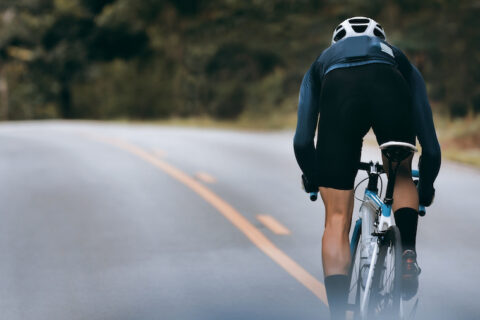
Doing more sprint work and cadence drills on your rides could lead to substantial performance gains.
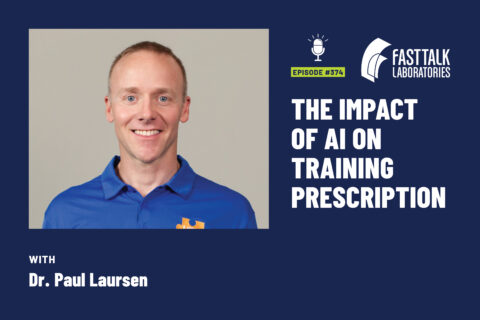
The world of AI is changing extraordinarily fast. We spoke with Dr. Paul Laursen about the current challenges and developments of the technology.
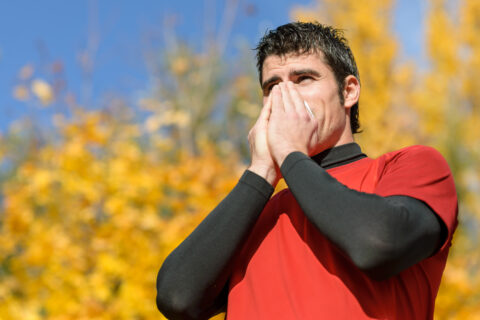
The closer we get to peak fitness, the more vulnerable we may become to illness. We explore how to prevent illness, and how to train effectively when it strikes.
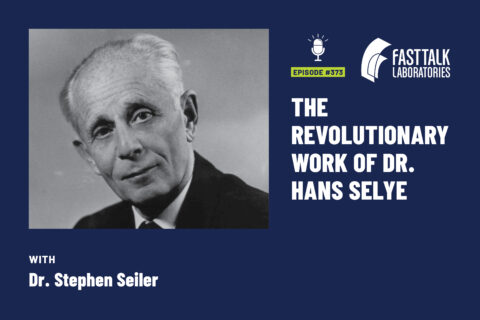
Dr. Stephen Seiler joins us to talk about one of the biggest influences on his own work, Dr. Hans Selye who’s been called the Einstein of the biological sciences.
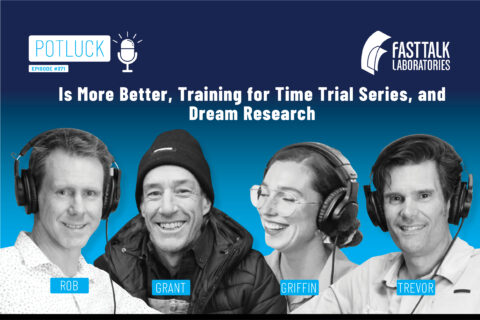
Our hosts talk about why we shouldn’t believe that more is always better, how to build a weekly time trial series into your training, and what research we’d like to see conducted.
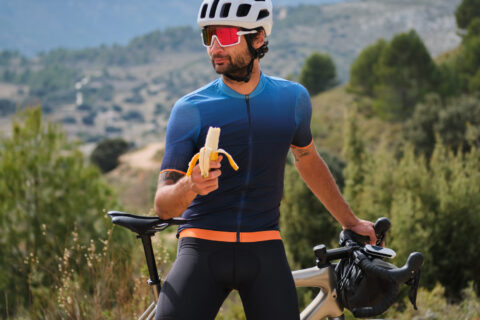
This course shows coaches exactly how to guide athletes through every stage of fueling—from daily training to race day.
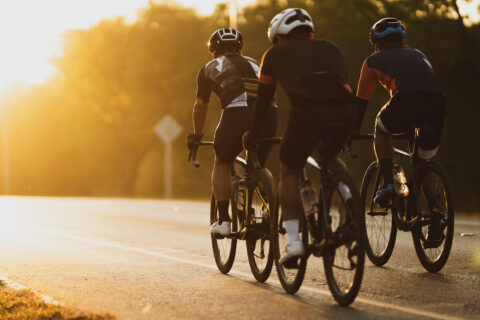
Learn how to guide your athletes through a smart, sustainable base season—and lay the aerobic foundation for stronger performance, season after season.
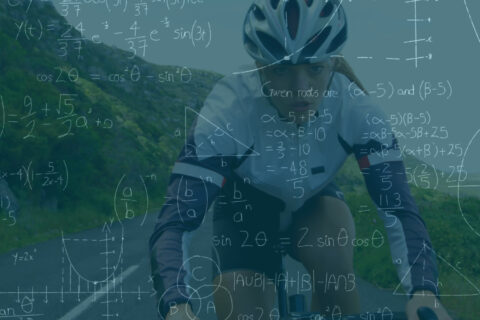
Explore how to translate heart rate, power files, and subjective feedback into smarter, more personalized coaching decisions.
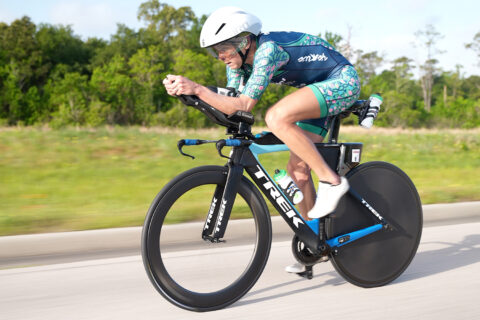
This course helps coaches understand the physiology, motivation, and mindset of masters athletes to help them stay competitive at any age.
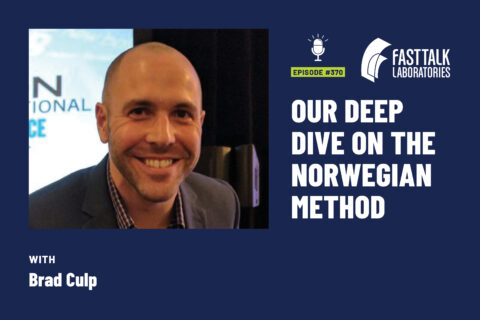
We talk with Brad Culp, author of “The Norwegian Method,” about the main tenets of the training philosophy, as well as who should and shouldn’t apply the method in their training.
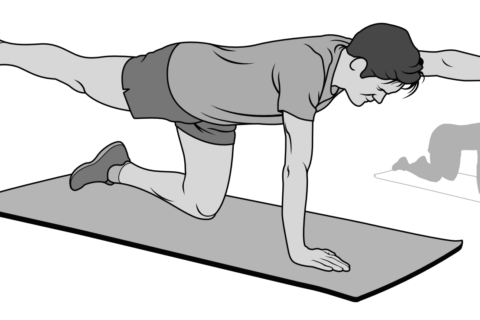
The importance of a strong core for athletic performance can’t be overstated. Trevor Connor details the various benefits of a strong core, and the disadvantages of a weak one.
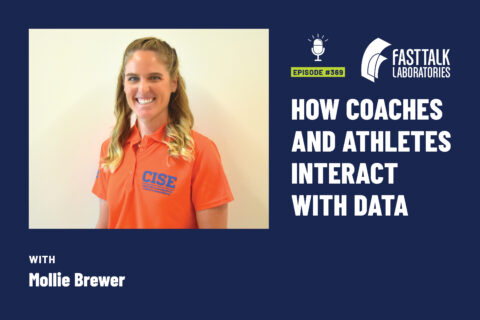
Mollie Brewer joins us to discuss how we interact with data – which can say as much about coaches and athletes as the data itself.
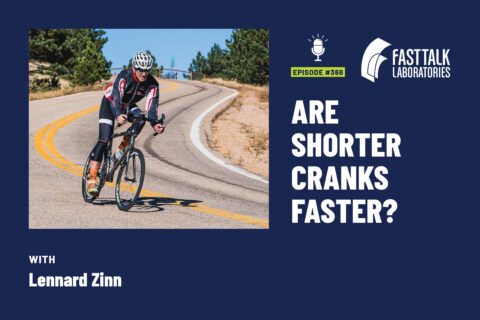
On this episode, Lennard Zinn shares his decades of experience and experimentation to help answer the question of whether shorter cranks are better.
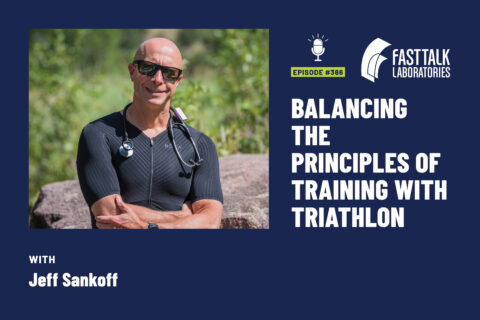
The TriDoc Jeff Sankoff joins us to talk about how to still apply the principles of supercompensation and progressive overload in a sport as complex as triathlon.
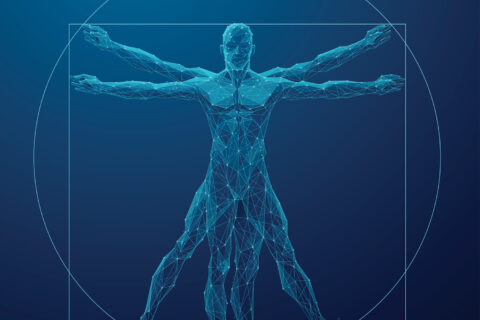
This course will provide you with a strong foundational understanding of how the human body responds to training.

This course teaches coaches how to identify, prevent, and manage the full spectrum of overreaching, overtraining, and training-related dysfunction—with insights from world-renowned physiologist Dr. Stephen Seiler and other leading experts.
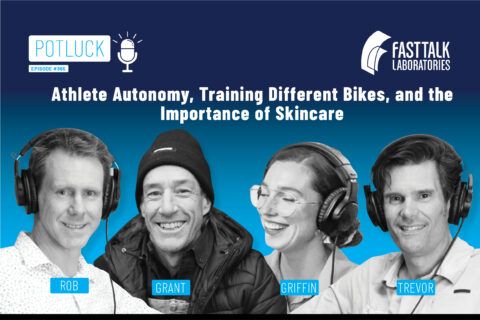
In this week’s potluck episode, we discuss the balance of athlete autonomy versus prescription, how to balance training with multiple types of bikes, and how to avoid being swayed by athlete-marketed skincare trends that may not be worth the hype.